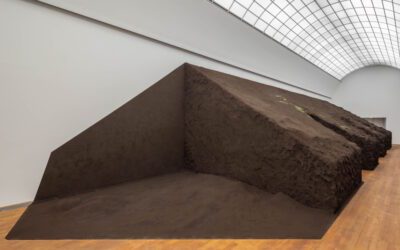This story is for anyone who ever ducked their head in the cinema.
Even unconsciously, sound helps us see
"Imagine you are playing ping-pong with a friend. Your friend makes a serve. Information about where and when the ball hit the table is provided by both vision and hearing. Scientists have believed that each of the senses produces an estimate relevant for the task (in this example, about the location or time of the ball's impact) and then these votes get combined subconsciously according to rules that take into account which sense is more reliable. And this is how the senses interact in how we perceive the world.
However, our findings show that the senses of hearing and vision can also interact at a more basic level, before they each even produce an estimate," says Ladan Shams, a UCLA professor of psychology. "If we think of the perceptual system as a democracy where each sense is like a person casting a vote and all votes are counted (albeit with different weights) to reach a decision, what our study shows is that the voters talk to one another and influence one another even before each casts a vote."
To demonstrate that one sense can affect another even before perception, the researchers showed 63 participants a bunch of dots on a screen, in two phases with a pause between them. In one phase, the dots moved around at random; in the other, some proportion moved together from right to left. The participants had to indicate in which phase the dots moved together horizontally. In experiment 1, the subjects were divided into three groups. While they looked at the dots, one group heard sound moving in the same direction as the right-to-left dots, and stationary sound in the random phase. A second group heard the same right-to-left sound in both phases. The third group heard the identical sound in both phases, but it moved in the opposite direction of the dots. In the second and third conditions, because the sound was exactly the same in both phases, it added no cognitively useful information about which phase had the leftward-moving dots. In experiment 2, each participant experienced trials in all three conditions.
The results: All did best under the first condition—when the sound moved only in the leftward-motion phase. The opposite-moving sound neither enhanced nor worsened the visual perception. But surprisingly, the uninformative sound—the one that traveled leftward both with the leftward-moving dots and also when the dots moved randomly—helped people correctly perceive when the dots were moving from one side to the other. Hearing enhanced seeing, even though the added sense couldn't help them make the choice.
"This study shows that at least in regards to perception of moving objects, hearing and sight are deeply intertwined, to the degree that even when sound is completely irrelevant to the task, it still influences the way we see the world," Shams says.
Source: Association for Psychological Science

The aim of art is to represent not the outward appearance of things, but their inward significance. – Aristotle
















